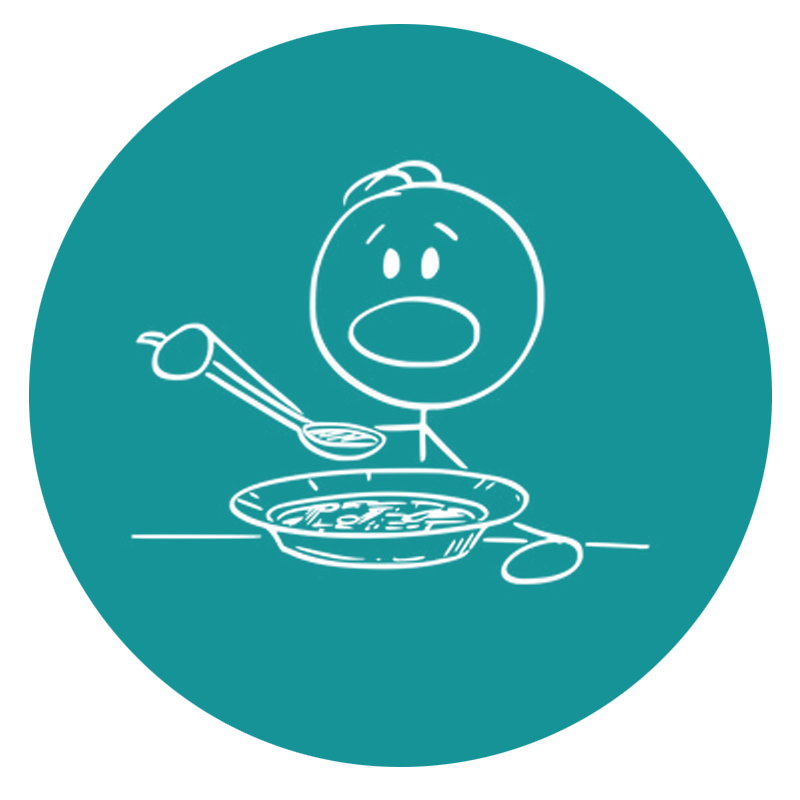Substance Abuse &
Eating Disorders
Many people use alcohol and other substances to celebrate, relax or to feel better when they are bored, lonely, or unhappy, but not everyone will develop an addiction. An addiction can develop depending on environmental and biological factors. If you grew up in a home where drinking was common, it can lead to drinking problems later in life. Peer pressure is also a major cause – being asked to drink or smoke by friends is one of the strongest predictors of substance abuse in adolescents.

It is a complex disease of which might involve several underlying issues, with many people using drugs or alcohol as a temporary escape from painful feelings and stress in the moment, or to escape the pain of traumas such as:
- Physical or sexual abuse
- An unstable homelife from a young age
- Rape
- Witnessing Traumatic events
- Military combat & PTSD
Do you recognise any of these?
- Do you feel guilty about your substance abuse?
- Do you feel angry when others comment or criticise?
- Do you feel that substance is the most important thing in your life
- Are spouses, family or friends worried about you?
- Do you have cravings?
- Do you feel better when using?
- Do you want to cut down but cant?
- Do you feel sick when cutting down?
If you have answered yes to any of the above, then you could have a problem.

Eating Disorders
Our counsellors can give you a chance of “controlling the eating disorder, rather than it controlling you”
We can help you to understand what is happening and why. An eating disorder is when you develop an unhealthy relationship with food, which can dominate your life and affect your physical and mental health. This could relate to eating too much or too little, becoming obsessed with your weight or body shape, or over-exercising.
Eating disorders can be serious and life-threatening conditions – and it can be hard to recover on your own. Treatment from your doctor along with professional counselling are vital.
For some people, their behaviour around food can be used to cope with painful emotions or to take control of their lives. Counselling can provide a safe place to talk about these emotions and can also be helpful in changing thoughts.
The most common signs of eating disorders are:
- Obsessiveness and being preoccupied with your weight or body shape
- Consuming very little food or skipping meals altogether
- Binge-eating – either with or without purging afterwards
- Forcing yourself to be sick
- Over exercising
Physical warning signs can include:
- Noticeable changes in your weight
- Dizziness & Tiredness
- Always feeling cold
- Problems with sleeping
- Digestive problems such as stomach cramps
- Conditions such as dry skin, dry hair and brittle nails
- Your periods become irregular or stop altogether
There are many variations of eating disorder, but the three most common disorders are:
Anorexia Nervosa – People believe that they are overweight even though they might be dangerously underweight. They restrict their food intake and obsess about calories, and sometimes they cut out certain foods altogether. Sufferers tend to be underweight, and in severe cases, anorexia can result in heart, brain, or multi-organ failure and death.
Bulimia Nervosa – People with bulimia frequently eat large amounts of food in a short period of time. They then attempt to purge, to compensate for the calories consumed, by forced vomiting, fasting, laxatives, diuretics, enemas, or excessive exercise. However, individuals with bulimia usually maintain a relatively normal weight, rather than becoming underweight or overweight.
Binge Eating Disorder. –. Individuals with this disorder have symptoms similar to those of bulimia, but they do not use purging behaviours, such as vomiting or excessive exercise, to compensate for their binges. Sufferers have a lack of control over their eating patterns, which can lead to feelings of shame, disgust, or guilt. People with binge eating disorder are often overweight or obese.

Can we help?
Get in touch
If you require further information, please get in touch with us and a member of the team will contact you shortly.
Alternatively, you can email us directly at help@chartwellcounselling.co.uk
